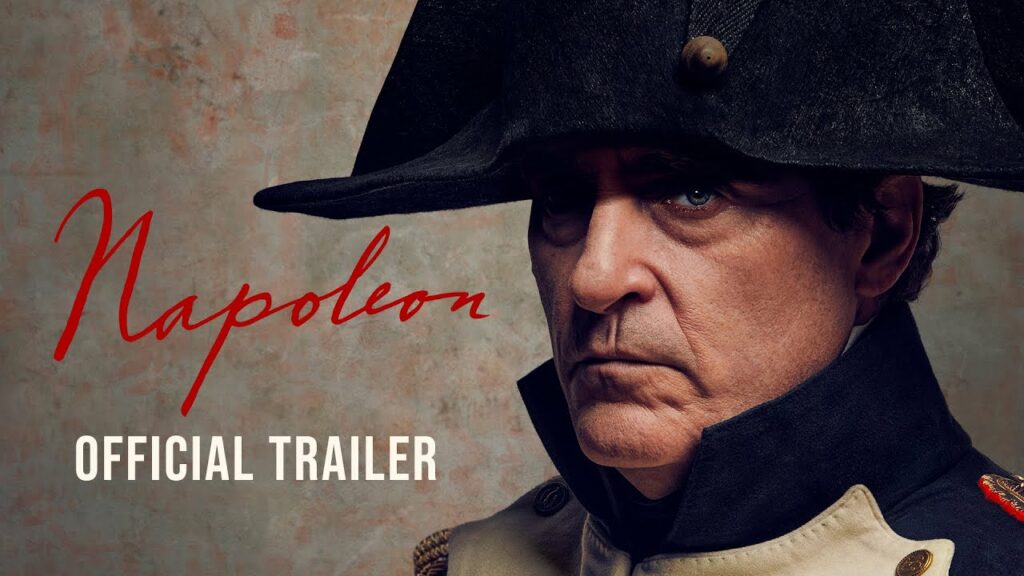Ridley Scott’s 1977 film The Duellists stars Harvey Keitel and Keith Carradine as Frenchmen in the early nineteenth century. Both of their characters are military officers, Keitel’s a Bonapartist and Carradine’s an anti-Bonapartist, and their relationship plays out over a duel-punctuated sixteen-year period during and just after the Napoleonic Wars. The Duellists is required viewing for any student of Scott-as-auteur, not just due to its being his debut feature, but also to its presumptive connections to his latest work. Even working on a low budget 45 years ago, Scott and his collaborators managed to perform an acclaimed re-creation of Napoleon’s France. What has he accomplished on the far grander canvas of Napoleon, which comes out on November 22nd?
Napoleon, as previously featured here on Open Culture, is also the title of the greatest movie Stanley Kubrick never made. Judging by its newly released trailer, Ridley Scott’s film isn’t exactly a stylistic homage to Kubrick, though one doubts that Kubrick’s work was all too far from Scott’s mind during the project — as indeed it wasn’t in the making of The Duellists, which was heavily influenced by Barry Lyndon.
But as a historical drama, Napoleon seems to have more obviously in common with Scott’s own swords-and-sandals blockbuster Gladiator, which included a memorable performance by Joaquin Phoenix as Marcus Aurelius’ power-mad son Commodus, who kills his father in order to make himself emperor.
Phoenix plays another imperial role in Napoleon: that of the titular military commander who rose to rule the French Empire for more than a decade. Bringing Napoleon’s story to the screen afforded Scott the chance to stage no fewer than six battle sequences — including, as Smithsonian.com’s Teresa Nowakowski notes, “the Battle of Austerlitz, a military engagement that went down in history as one of Napoleon’s greatest successes. The trailer depicts the pivotal moment when Napoleon’s forces fired artillery into the ice on which enemy troops were retreating,” an episode well-suited to Scott’s instinct for spectacle. However much his particular sensibilities may differ from Kubrick’s, it’s easy to understand why both directors would be drawn to the subject of Napoleonic ambition.
Related content:
Napoleon: The Greatest Movie Stanley Kubrick Never Made
The Color That May Have Killed Napoleon: Scheele’s Green
Philosopher Bertrand Russell Talks About the Time When His Grandfather Met Napoleon
Why Is Napoleon’s Hand Always in His Waistcoat?: The Origins of This Distinctive Pose Explained
Based in Seoul, Colin Marshall writes and broadcasts on cities, language, and culture. His projects include the Substack newsletter Books on Cities, the book The Stateless City: a Walk through 21st-Century Los Angeles and the video series The City in Cinema. Follow him on Twitter at @colinmarshall or on Facebook.
